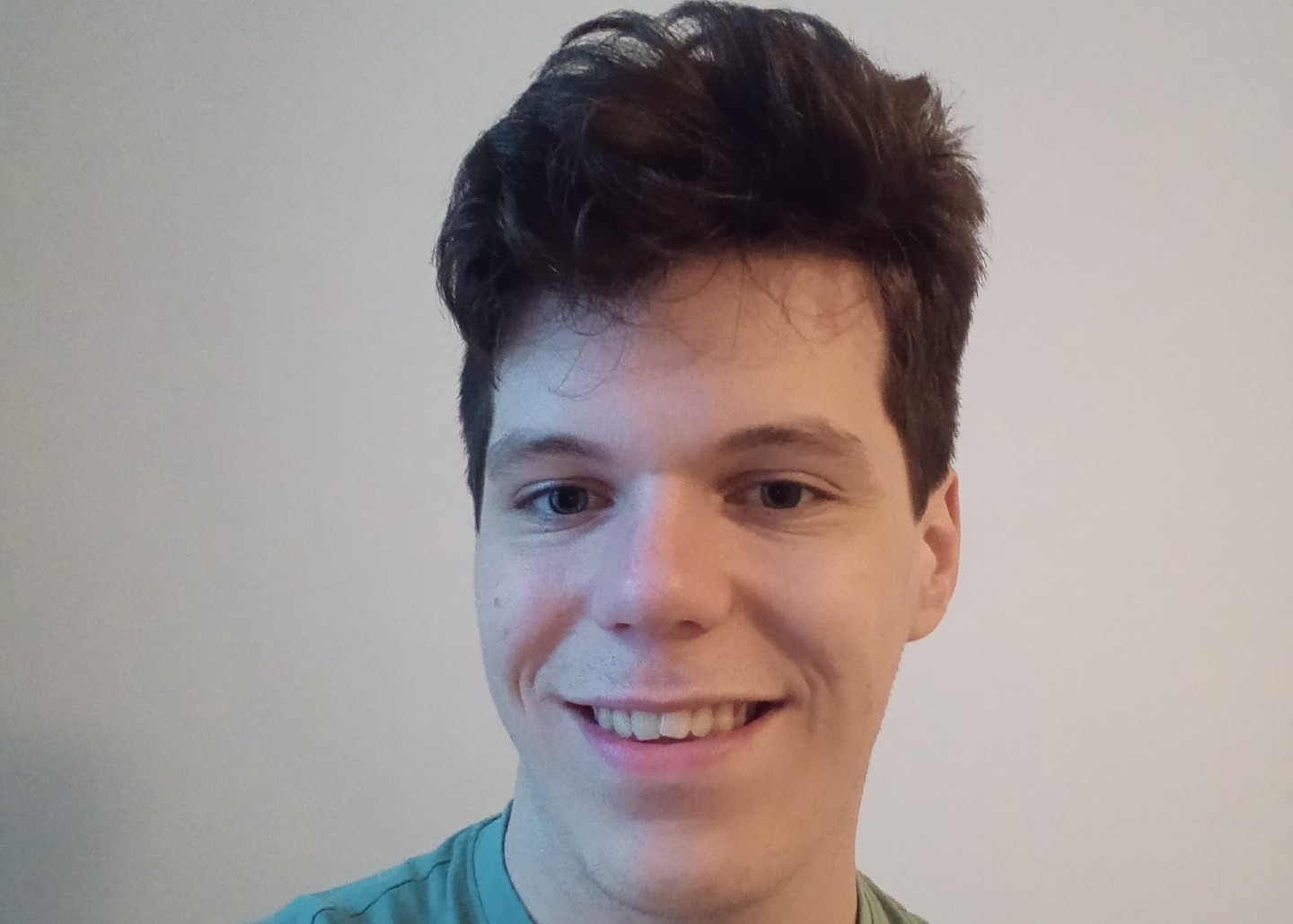We recently met with Kyle to find out about his experience of studying with fibromyalgia, ADHD and dyslexia. Kyle has recently finished studying for a BA in Illustration and Animation at the University for the Creative Arts (UCA).
Here, Kyle shares his key piece of advice for anyone considering university, his hopes for the future, and how grades aren’t everything…
“I always wanted to be an animator and I knew that a certain level of education and experience would be needed, so university seemed like the best pathway for me. I didn’t do too well in my A levels, but thankfully UCA could see my passion for the subject, so I was accepted on their Art Foundation course. I loved the course and wanted to continue to a degree at UCA.
My route here was a bit unconventional. When I left school I went to a different university but it wasn’t right for me. It was while on this course that I found out I have fibromyalgia, so I needed to be nearer to family. I researched universities in Kent and found the Foundation course at UCA was exactly what I was looking for.
When I applied to UCA I ticked the box to confirm I am disabled, which meant I was in contact with the support team before I even joined. I was quite concerned about the financial aspects of studying, so we spoke about all the financial support I’m entitled to including DSA. While on my course I began to struggle with the workload so I met with the support team and they suggested a screening, which eventually led to a diagnosis of ADHD and dyslexia. Because of this, I sought a lot more help in my second year, and this made such a difference in my learning. I now receive extensions on all my work, and I meet with a member of the support team every week to look at my projects: what I have on, how we can manage my time and make sure I’m on top of everything. Together we go through all the work that’s been set. This really helps to keep me on track and motivated, it’s incredible. Any time I need support, I know I can go to them.
My biggest fear with going to university was the financial aspect. I was worried about whether going to uni would affect my family. The idea of paying back student finance can be quite daunting but talking to the support staff and going through all the options available really helped. I didn’t realise that most universities have support systems in place and people employed specifically to help with things like DSA, student finance and Personal Independence Payment (PIP).
My other concern was my grades as I’ve never been good at exams. The support staff have helped me so much; I get extra time and extra support, and there’s always someone I can contact. I’m always quite surprised when people just say they’ll support me and figure it out. I never expected so much help, they genuinely want me to succeed and to do the best I can. Having my tutors aware of my disability has been a huge help. If I can’t come in for a lecture they’re supportive and check I’m still ok with the work. Lectures are also recorded so I can always come back and watch them another time.
It can feel embarrassing to say you have a disability, but letting people know is the most important thing. You’re going to have these issues, but no support can be put in place without communication. All my diagnoses were within 3 years of each other, and I realised I have to live with this, so how do I make it as easy as possible? Let people know about your needs, and someone will do something to help you. The main thing is to communicate and talk to as many people at the uni as possible. All it takes is one person doing the right thing once in order for it to fall into place. One person to say “it’s ok, I hear you” is literally all it takes. It can be the difference between struggling and succeeding.
The most enjoyable aspect of uni has been the people. It’s so different from school, I’m studying alongside people who genuinely want to be there and are passionate about what they’re studying. It’s fascinating to see how we all interpret topics differently and talking to people in the industry and my tutors about their professional experience is always so interesting. My tutor has worked on Marvel and DC Comics, it’s mind-blowing!
When I finish my course I’d love to work in TV and film animation. I’ve always loved cartoons, and I want to use animation to be part of the movement that tells young people that who they are is ok, to be themselves. There are animated shows that delve into topics about being different from others, and I want to be there for the next generation of children. To show them new characters with new perspectives. I think that can be so powerful.”

